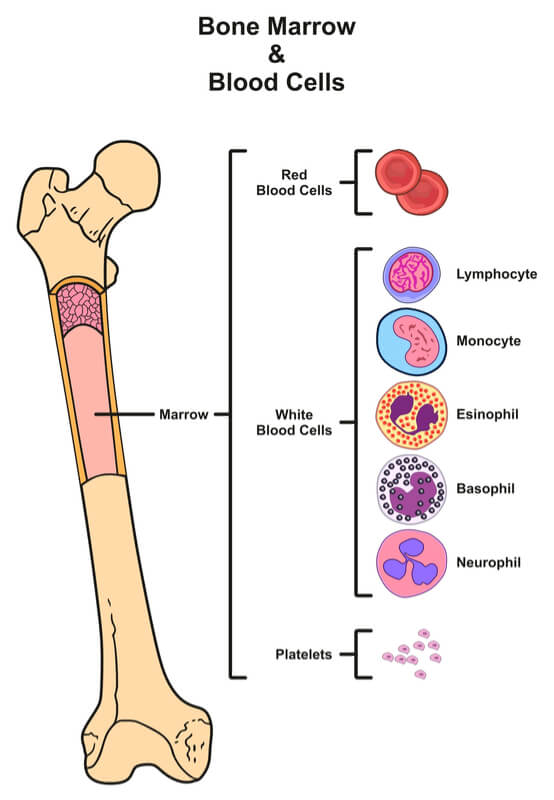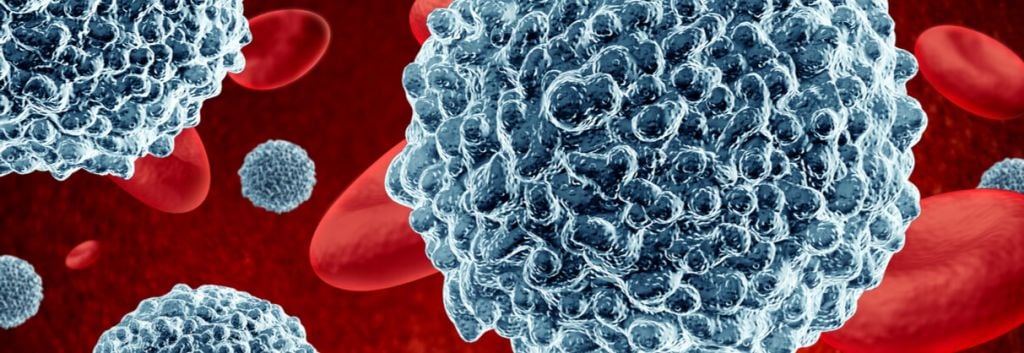If you’re having trouble deciding on a New Year’s resolution, why not train up your immune system? Scientists believe this could help prevent the side effects of chemotherapy.
Researchers at Technische Universitaet Dresden believe that by ‘training’ the immune system, cancer patients undergoing chemotherapy could be spared some of the trauma. The study, published in Cell, explains that ‘training’ the precursors of white blood cells can accelerate the formation of new white blood cells, which patients desperately need during chemotherapy. The researchers hope that this effect on the immune system can be exploited therapeutically to reduce the side effects associated with the treatment of cancer, as well as the treatment of inflammatory diseases.
The innate and adaptive immune systems protect us from infections and disease. Innate immunity is the first line of defense, rapidly responding to pathogens that enter the body to slow the spread of infection so that the adaptive immune system can step in and specifically clear out the pathogen. As the adaptive immune system fights more infections, it builds up immunological memory, so it can respond faster and stronger if a pathogen returns. This was long believed to be unique to adaptive immunity but experts are beginning to rethink this.
Adding to the growing challenge, the group found that pre-conditioning the innate immune system with beta-glucan – a molecule in the cell wall plants and fungi found at high levels in grains and mushrooms – enhances the white blood cell response against secondary infections. The term ‘training’ was chosen because white blood cells need this exposure to react quicker and more effectively to future infections. The study also showed that ‘training’ acts on hematopoietic stem and progenitor cells (HSPCs), which give rise to many generations of immune cells.

Similarly, junk food has been shown to have a negative impact on the immune system. Researchers at the University of Bonn found that an unhealthy diet causes the immune system to act aggressively, putting people at risk of heart disease and diabetes. Together, these studies highlight that our lifestyle has a big influence on more than just our waistlines.
Preparing the immune system for future infections is, of course, the role of vaccines, which are being developed by a number of biotechs for a range of diseases and infections. In this area, Themis recently raised a €10M Series to continue developing vaccines against pathogens like Zika, Chikungunya, and cytomegalovirus, while BioNTech is looking to make a big impact in the cancer vaccines field with its personalized mRNA-based vaccines.
With 1 in 3 of us likely to be diagnosed with cancer at some point in our lives, this information should be taken on board by us all, not just those with the disease at the moment. I am enjoying finding out about research that helps us to make changes to our daily lives right away, not just when it’s too late.
Images – Lightspring / shutterstock.com; udaix / shutterstock.com





